Great team members don’t necessarily make great supervisors. While it makes sense to promote employees who excel at their day-to-day tasks, first-time managers often find themselves floundering in their new role, making blunders that can quickly derail formerly successful teams while calling into question the credibility and capability of their new leader.
“Sometimes problems arise when employees are promoted to management positions because they are good at their jobs and have the technical expertise to excel, but they don’t have any interpersonal skills or experience as a manager,” Melanie Green, a chartered occupational psychologist in Oxford, U.K., told Financial Management earlier this year.
New supervisors make common mistakes.
New supervisors often find themselves managing former co-workers and current friends, and without the foundational leadership skills in place, they often make mistakes like playing favorites, failing to address problems head-on in order to avoid confrontation, and providing too little direction so they don’t appear “bossy.” Unfortunately, these flaws could have devastating consequences for your organization, as numerous surveys have found one of the top reasons that employees leave their jobs is because of their manager.
“People don’t leave jobs; they leave managers,” says Green.
Great supervisors make happy teams.
For many organizations, the impact of bad supervisors has grown even greater with the onset of the COVID-19 crisis. Supervisors have always needed to be skilled at communicating, motivating, leading, and delegating, but these tasks became more challenging once teams were working remotely. Bad managers don’t become better ones when their team is unexpectedly scattered to the wind. Finding a way to quickly hone critical managerial skills can impact your organization’s performance and productivity in the weeks and months to come.
And it’s not just the quantifiable skills that are important in the post-pandemic workplace. Supervisors will need to demonstrate empathy, compassion, and understanding as employees return to work with stress, anxiety, and fear. After all, a Businesssolver survey revealed that 93% of employees are more likely to stay with their job if their boss is empathetic. How your supervisors comport themselves now could significantly impact the future stability of your workforce.
Fundamentals of supervision
How can you tell if the employee you want to promote will be a good supervisor? In addition to understanding the functions of the department in which they work, they should be able to organize work schedules; train new employees; provide constructive feedback; resolve conflict; act as a liaison between their department and company leadership; and communicate to employees as well as upper-level managers.
To truly ensure the success of supervisors at any level, however, an organization must be willing to offer training. While some employees exhibit innate communications skills, approachability, flexibility, positivity, and enthusiasm, this doesn’t mean they will easily transfer these qualities as they approach their new role. To grow great leaders, companies need to have innovative and proven training programs in place.
Ensuring supervisory success
As we move into the recovery stage of COVID-19, it’s critical that organizations evaluate their supervisors’ capabilities, and make training available to those who may be shaky in the areas of communication, collaboration, and compassion. Ask yourself if you have learning opportunities in place to help supervisors refine these foundational skills:
- Developing trust and credibility
- Delegating work
- Communicating effectively
- Managing conflict
- Providing constructive feedback
- Motivating teams to achieve productivity
- Recognizing employees for their contributions and achievements
Through the pandemic, you may have identified employees who rose to the challenge and demonstrated leadership qualities you’d like to recognize by promoting them to supervisor. To ensure a successful transition and to help build a deep leadership bench that will help you pivot as necessary in the months to come, it is imperative that you invest the resources needed to refine their leadership skills.
Do you need help training your supervisors to achieve their best performance? Contact the Catapult Advice team at 919-878-9222.
Written by Catapult Contributor, Patricia Staino. Patricia is a freelance writer and editor located in Holly Springs. She specializes in HR technology and the new world of work.

